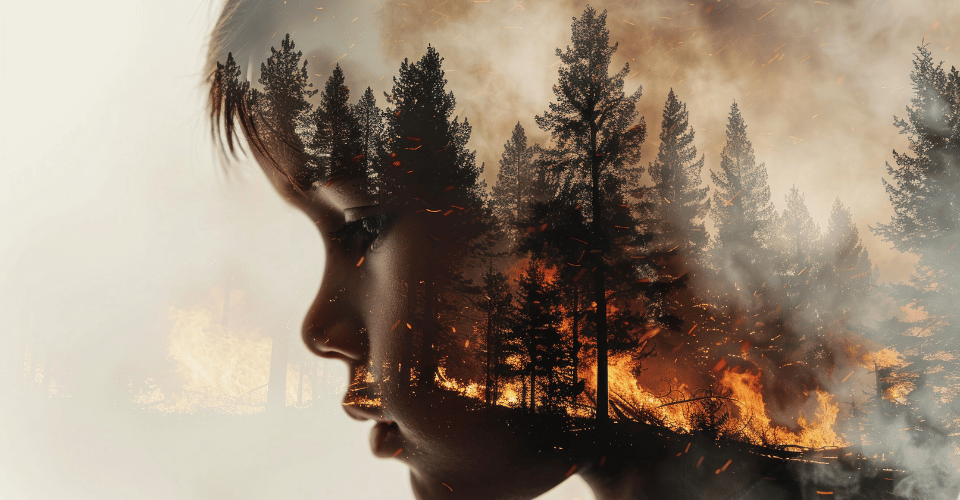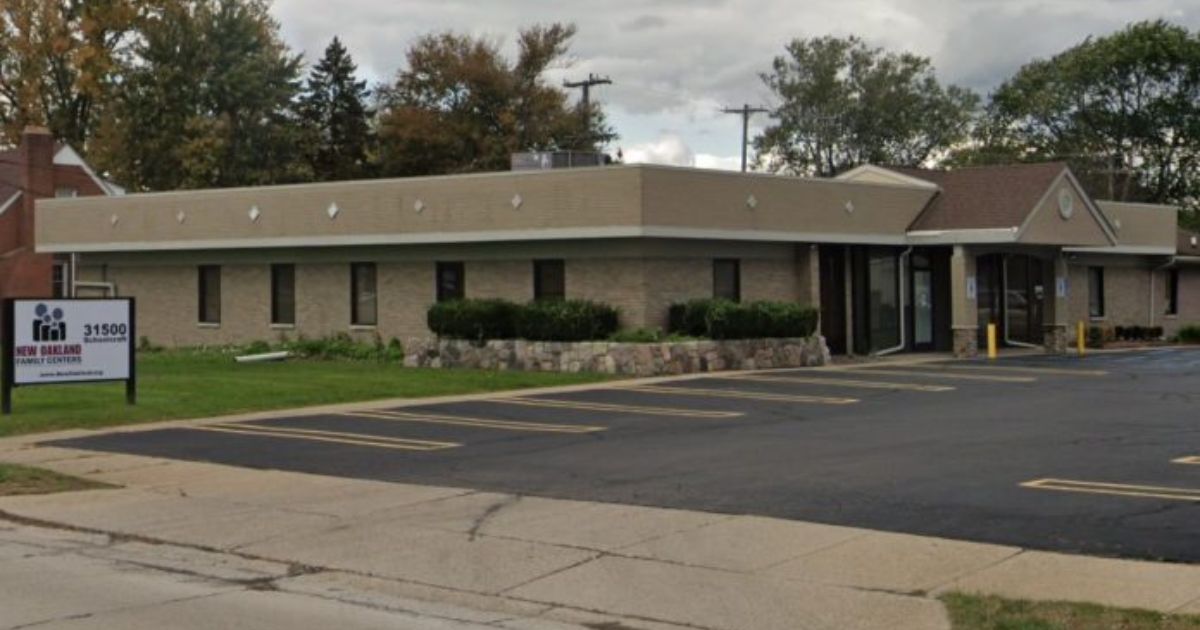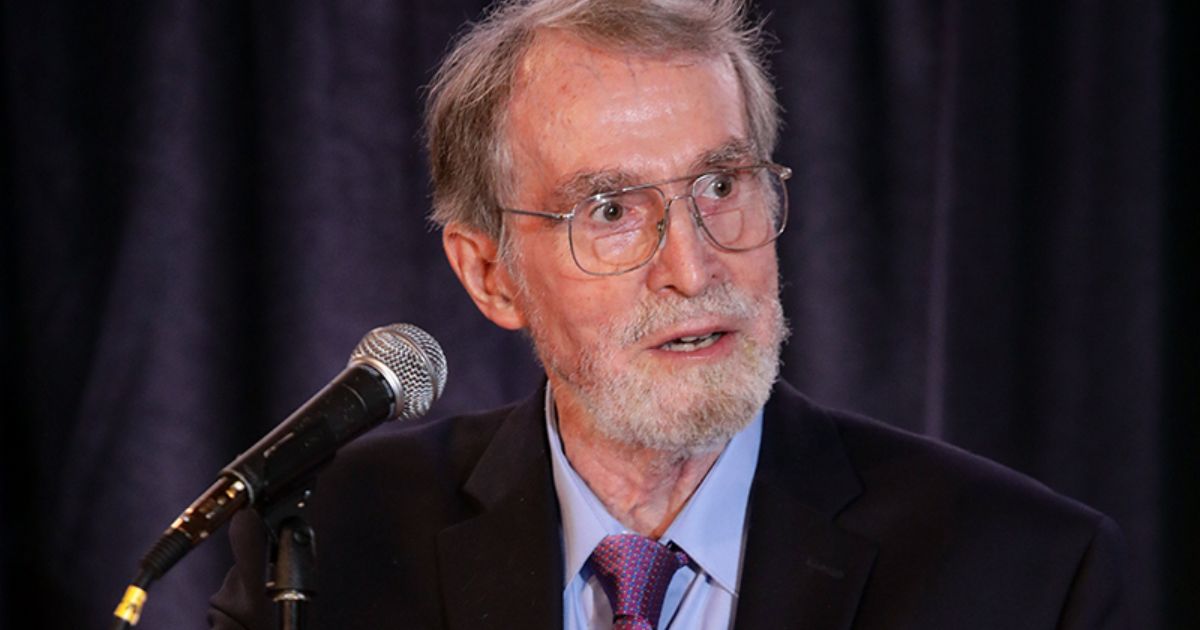In recent years, the term “climate anxiety” has gained widespread recognition, highlighting the profound impact of witnessing escalating climate disasters on our mental health.
This growing awareness of climate-related distress has led to discussions about how to transform our apprehensions into actionable solutions.
Here are three expert-recommended strategies to address climate anxiety and contribute to positive change:
1. Building Social Cohesion: Strengthening Community Resilience For Coping With Climate-Related Distress
Climate-related distress can be overwhelming, but engaging more deeply with our communities can provide a valuable starting point for addressing this concern.
Dr. Britt Wray, a researcher at Stanford University School of Medicine, emphasizes the importance of building social cohesion and resilience within communities.
Communities with strong social bonds tend to fare better in the face of stressors like natural disasters.
Dr. Amruta Nori-Sarma, from Boston University School of Public Health, has found that strong community bonds enhance resilience during severe weather events.
In close-knit communities, individuals proactively check on one another, ensuring that resources are accessible to all and safeguarding each other’s well-being.
Research also highlights the link between social capital and the ability to coordinate collective action in communities.
To harness this power, Dr. Wray suggests investing in building relationships, such as getting to know neighbors, reducing screen time, and participating in shared physical spaces like community centers, public gardens, and local markets.
These efforts not only provide a buffer in times of adversity but also combat loneliness, as humans are inherently social creatures.
2. Dispelling Silence through Open Discussion
The climate crisis is often seen as a taboo subject due to its seriousness and political polarization.
Many individuals experiencing climate-related distress may hesitate to discuss it, fearing social stigma or being dismissed as pessimistic. However, open discussion is a powerful tool for collaboration and action.
Research shows that more people, regardless of their political affiliation, support pro-climate legislation than is commonly assumed.
Americans underestimate the concern for climate change and support for climate mitigation policies by a significant margin.
While 65% of Americans consider global heating personally important, 66% rarely or never discuss global warming with family and friends.
To initiate action, it is crucial to share our interest in addressing climate change collectively.
As atmospheric scientist Katharine Hayhoe emphasizes, “the most important thing you can do to fight climate change is to talk about it.” By breaking the silence, we pave the way for collaboration and shared goals.
3. Thinking Globally, Acting Locally
Addressing climate-related distress requires a broader perspective that goes beyond localized concerns.
In many developed nations, discussions around eco-anxiety tend to focus on domestic issues, often overlooking the immediate threats faced by other parts of the world.
Namra Khalid, a Pakistani cartographer, emphasizes the importance of considering climate crises on a global scale.
Khalid’s work involves crowdsourcing and compiling detailed maps of Karachi, a city vulnerable to flooding disasters.
She believes that addressing the climate crisis is not just a concern but an existential imperative.
Khalid encourages those in developed countries to be aware of climate disasters in developing nations and advocate for aid and investment in regions facing such disasters.
Learning from global experiences can help us channel our anxieties into informed action.
Khalid’s call to action consists of two key elements: raising awareness and learning resilience.
By widening our perspective and acknowledging climate challenges worldwide, we can better prepare for local climate issues. As she aptly puts it, “We live on the same planet.”
In conclusion, climate anxiety is a growing concern that affects individuals’ mental health as they grapple with the consequences of climate change.
However, experts suggest that collective action, building social cohesion, open discussion, and a global perspective can help individuals transform their anxieties into positive, constructive efforts to address the climate crisis.
By taking these steps, we can work together to build a more sustainable and resilient future.




























